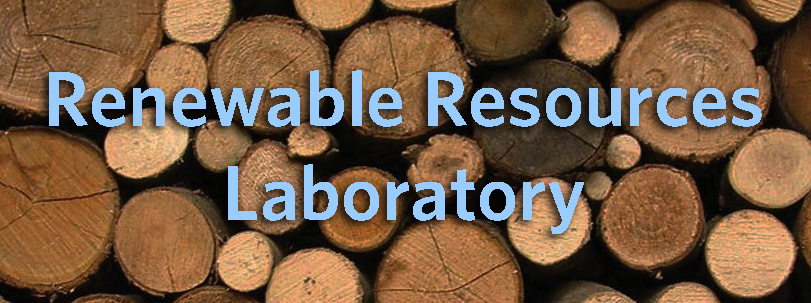Renewable Resources Laboratory
Department of Mechanical Engineering
The University of British Columbia
Vancouver BC, Canada V6T 1Z4
Principal Investigator: Prof. Gary S. Schajer
Good News
Lab student Juuso Heikkinen won the 2022 Martha Salcudean Prize, which is given to a graduating doctoral candidate in the Mechanical Engineering Department with an outstanding dissertation and academic record. The $1,000 prize is awarded to a student with outstanding performance, and is not given out every year. Congratulations Juuso !
Professor Gary Schajer has been elected a Fellow of the Society for Experimental Mechanics, one of only two awards given each year.
Lab student Juuso Heikkinen won First Place in the Michael Sutton International Student Paper Competition organized by Society for Experimental Mechanics at their 2020 Annual Conference and Exposition. Juuso’s presentation topic was titled “Remote Surface Motion Measurements using Multi-Wavelength Defocused Speckle Imaging”. For the competition, he had to prepare a 10-minute video presentation and verbally respond to questions from the competition committee. Juuso received the First Place Award and a US $300 cash prize. Congratulations Juuso !
Lab student Conan Omori reached the finals of the 2020 Three-Minute Thesis (3MT) competition held in April at UBC. He was the only MASc student to make it to the final group, all others were PhDs. Conan is featured in UBC’s Meet Our Students, which also includes a link to his 3MT talk. Congratulations Conan !
Objectives
The Renewable Resources Laboratory conducts high-quality research focusing on novel measurement technologies and sensor design. Major application areas include:
- Use of Electronic Speckle Pattern Interferometry (ESPI) and Digital Image Correlation (DIC) for nano-scale surface deformation measurements. A major application is for measuring residual stresses, typically in metallic materials. Reliable methods for evaluating residual stresses are essential because of the dominant influence that residual stresses can have on material fatigue life, dimensional stability and structural safety.
- Design and practical implementation of advanced sensors for industrial wood processing. This work focuses on the effective use of wood as a renewable raw material. This is done by improving wood processing methods to reduce material wastage and to increase both the volume and quality of high-value products produced from unit volume of raw logs. This approach, which seeks to minimize logging pressures on forests, is very attractive both economically and environmentally.
Research Projects
The following is a selection of some of the projects either presently underway in the Renewable Resources Lab or recently completed. New projects are continuously added and may not yet be shown here.
- Coarse-Resolution CT Scanning for Log Grading
- Residual Stress Measurements using ESPI
- Nano-Scale Full-Field 3-D Surface Displacement Measurements Using ESPI
- Portable Hole-Drilling ESPI Measurements
- Large Structure Stress Sensor
- Rail Neutral Temperature Sensor
- Lumber Surface Height Profile Measurement
- Simultaneous Vibration Mode Shape Measurements Using ESPI
- Wood Property Estimation using Microwaves
Photo Gallery
 |
 |
 |
 |
 |
| Lab Photos | Dr Schajer’s Antarctica Travels |
Dr Schajer’s China Travels |
Switch (video) | Dr Schajer’s Trifle Recipe |

